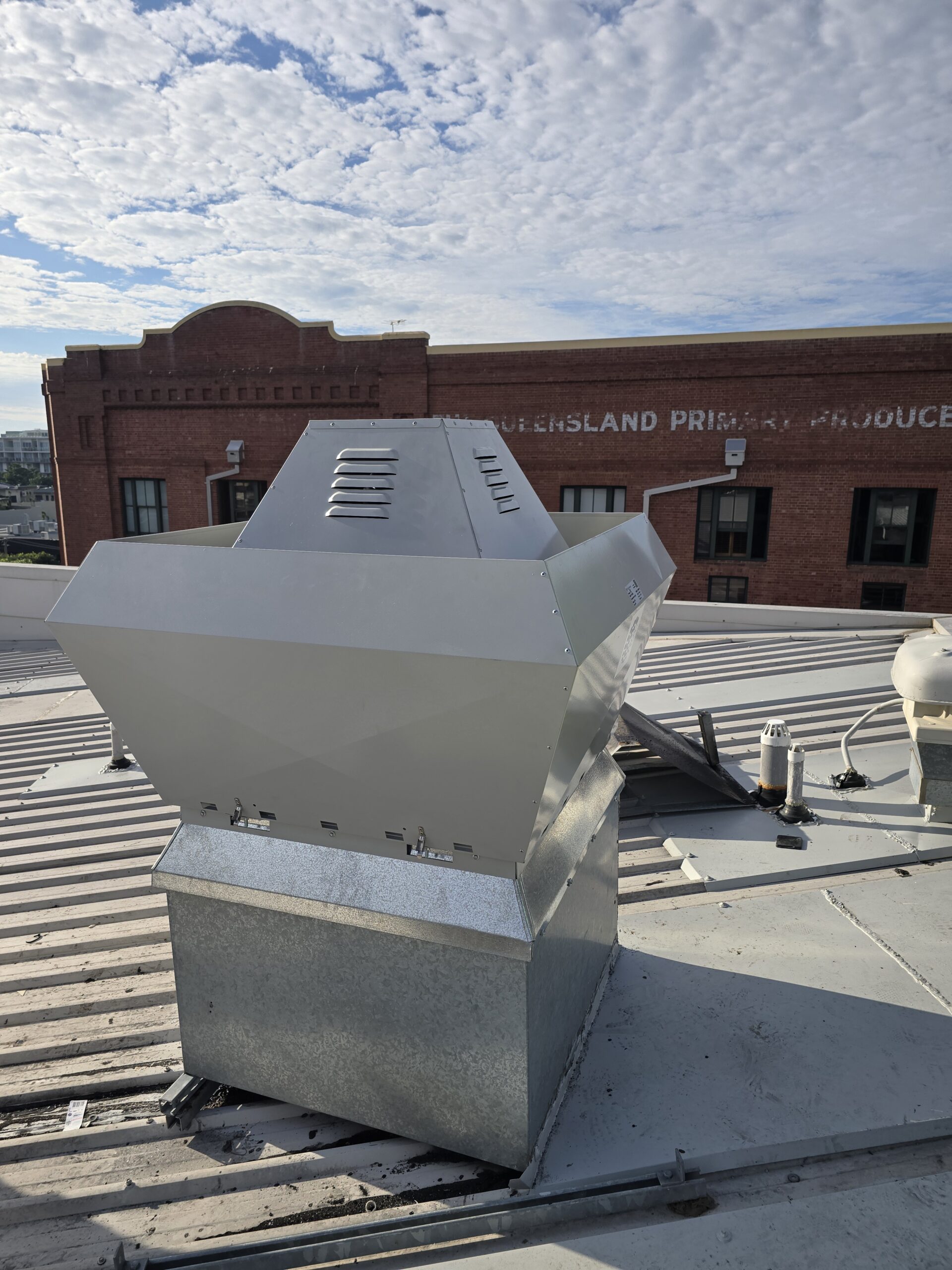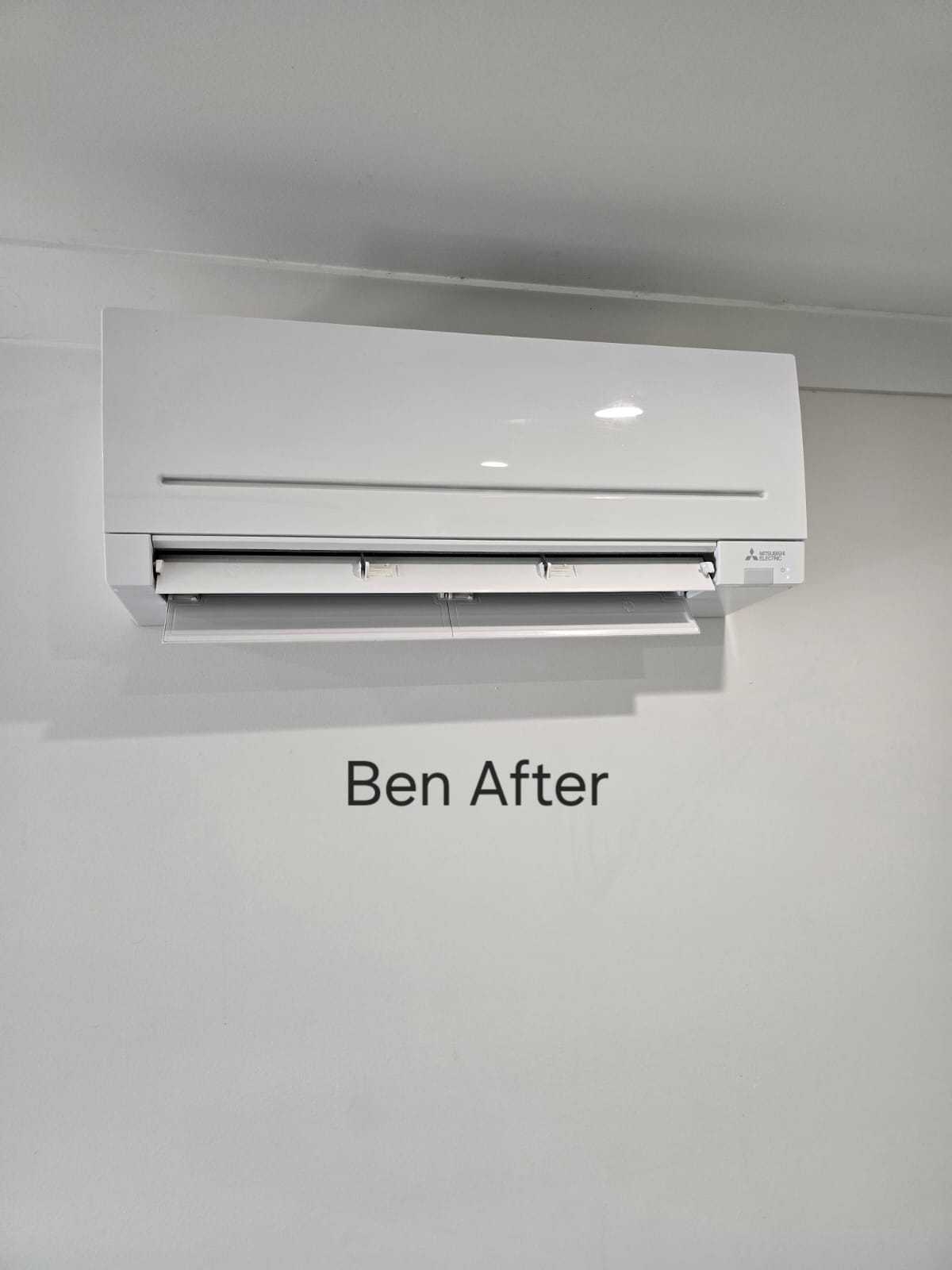For refrigeration systems, maintenance plays an equally vital role in preserving food, medicine, or other perishable goods. Routine checks ensure that the compressor is running properly, refrigerant levels are adequate, and that no leaks are present. In commercial settings, a refrigeration failure can result in the spoilage of goods, leading to significant losses. Maintenance reduces this risk by addressing minor issues before they escalate into major, costly problems.
When it comes to both air conditioning and refrigeration, one of the most important tasks during maintenance is cleaning the coils. The evaporator and condenser coils can accumulate dirt and dust over time, especially in systems that are used frequently. Dirty coils can impair the heat exchange process, making the system less efficient. Cleaning the coils ensures that the system can efficiently cool or refrigerate, saving you money on energy and helping to maintain optimal temperature control.

DUCTED INSTALLATION

TENERIFFE KITCHEN EXHAUST FAN REPLACEMENT
Another crucial aspect of maintenance is checking the system's drainage. Air conditioning units, in particular, produce condensation, which needs to drain away to prevent leaks or water damage. Blocked or clogged drain lines can lead to water pooling inside the unit, damaging electrical components and increasing the likelihood of mold growth. Routine maintenance includes ensuring the drainage system is clear, allowing the system to operate properly and prevent water-related issues.
Maintenance also helps keep your systems running quietly. Over time, components like the fan or compressor can start to wear down, causing noise or vibrations that are not only annoying but could signal an impending breakdown. Regular servicing allows technicians to identify and address any parts that may be causing unusual noise, ensuring your system operates as quietly as possible.


